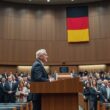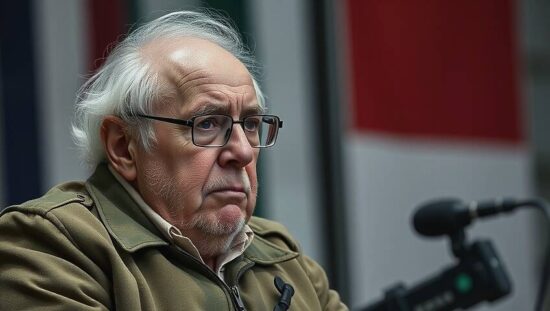President of the Kiel Institute for the World Economy (IfW), Moritz Schularick, demands a stronger involvement of retirees in higher defense spending. “In the medium and long term, it won’t work without cuts and reorganizations in the budget” the economist said to the “Spiegel”. “To achieve significant sums, we will have to approach the pension system as well.”
Schularick suggests increasing the retirement age. The standard of living of retirees should be “frozen at the current level through an inflation adjustment”. This year, pensions are likely to rise by 3.5 percent. “That’s hardly justifiable in a stagnant economy” said the IfW president.
It’s also about intergenerational fairness. “It was the older generation that failed to invest sufficiently in our security over the past decades, instead consuming the peace dividend.” They also failed to make the pension system future-proof. “So, it would be difficult if the elderly were to refuse their contribution to strengthening defense, especially since the younger ones will have to bear the necessary debts now.”
Green party leader and economics minister Robert Habeck had previously suggested increasing Germany’s defense spending to 3.5 percent of its economic output, which would be nearly a doubling. Chancellor Scholz responded with a rhetorical question, asking who would pay for it.
“I find this comment by the chancellor misleading” Schularick criticized. “Because he pretends as if there were no costs to be paid, we wouldn’t increase defense spending and wouldn’t remain capable of defense – and that could ultimately cost us much more.” Moreover, security is not a luxury good, but “an existential task of the state and therefore of the federal chancellor.





